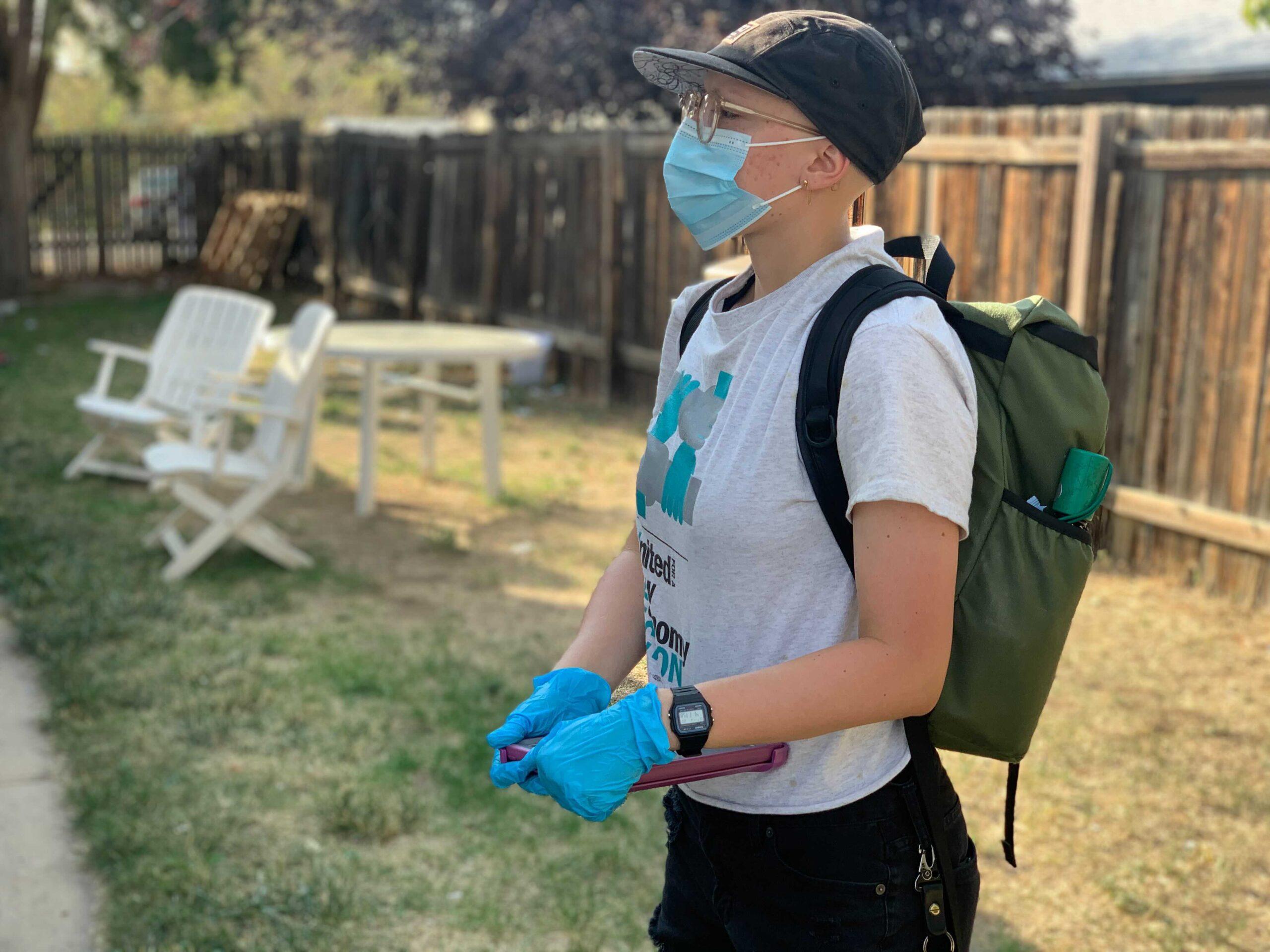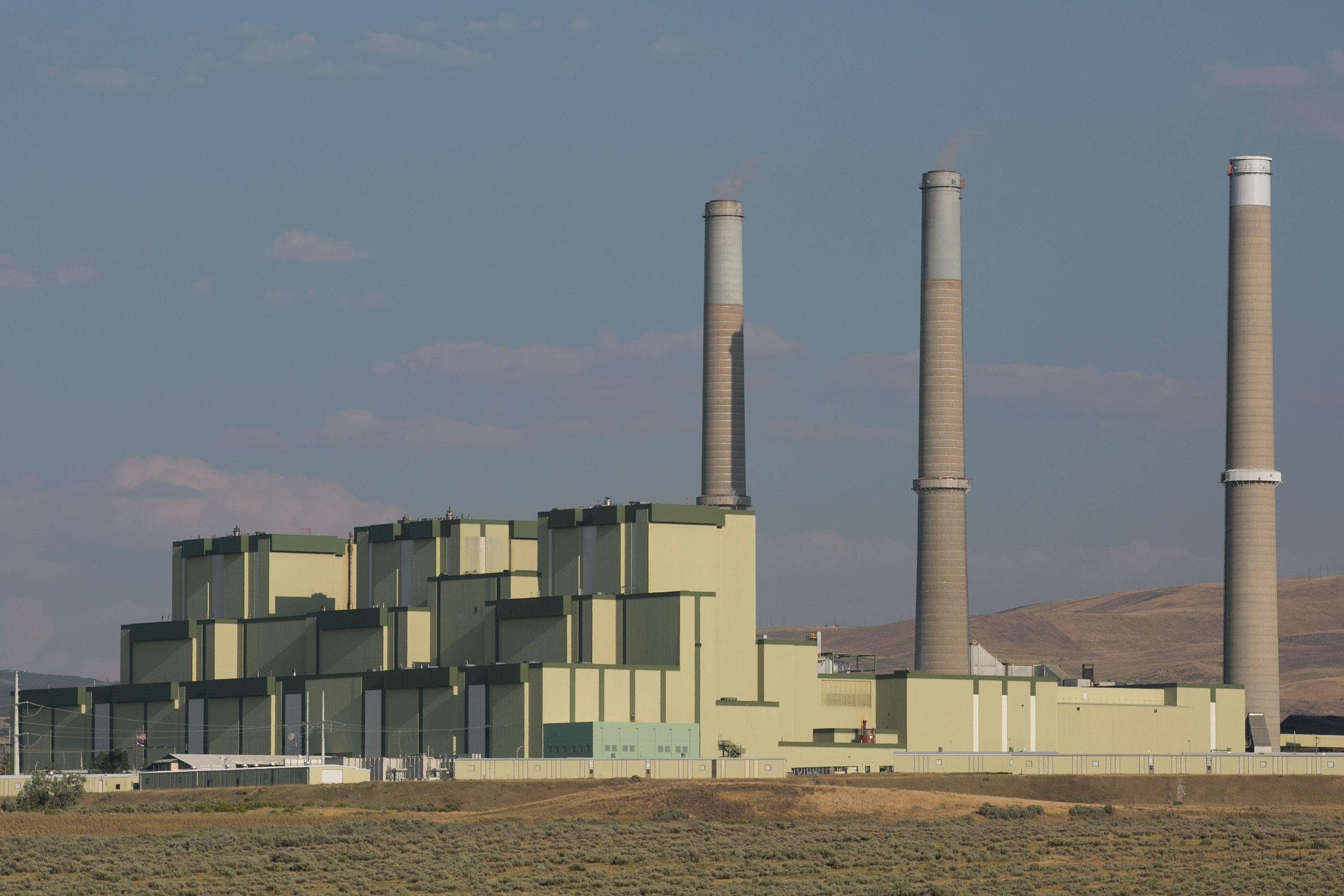
Colorado voters have approved a new paid family and medical leave law. The measure had the support of 57 percent of voters as of 9:30 p.m., with a sizable lead of nearly 400,000 votes.
Under Proposition 118, Colorado would require that employers provide 12 weeks of paid time off for childbirth and family emergencies. Eight other states and Washington, D.C., have created similar programs in the last two decades.
"I am happy for the workers of Colorado," said State Sen. Faith Winter, a paid leave proponent The new law will ensure that mothers don't have to return to work mere days after giving birth, she said, and that cancer patients can take time to heal.
Winter watched the election results with Rep. Matt Gray on her suburban front porch. When they learned that the Associated Press had called their victory, they fetched a bottle of champagne.
"Oh, my God! AP called it!" she exclaimed. It was the conclusion of years of effort for the state lawmakers.
Labor reformers have been trying to pass a similar law in Colorado since 2014, but it has failed each time in the legislature. This year, after legislative efforts fell apart yet again, advocates instead decided to put the measure on the ballot. It’s the first time that voters in any state have been asked to decide on a paid leave law.
The supporting campaign had raised nearly $6.5 million as of mid-October, mostly from the North Fund and the Sixteen Thirty Fund, national liberal nonprofits that don’t disclose their donors.
Business interests have fought similar measures in Colorado for years — but they ultimately were outspent by a 10-to-1 ratio, said opposition campaign co-chair Dave Davia. It was difficult to raise money amid a bruising pandemic year and with 10 other statewide ballot measures competing for funding, he said.
“This is what the people wanted in Colorado, this is how they voted,” he said. “My efforts will turn to focusing on how we make this program work and it doesn't go bankrupt and it doesn't call for substantially more in the way of revenue.”
The measure would be funded by premiums equal to about 0.9 percent of a worker’s wages, although that could rise to 1.2 percent. Workers and employers would generally be expected to split the cost. The program would start collecting the fees in 2023 and offer benefits in 2024.
In return for the money they pay in, workers would receive at least 12 weeks of paid leave for childbirth, adoption, medical emergencies in their families, a family member’s active-duty military service, and reasons related to abuse and sexual assault.
In the runup to the election, supporters fielded teams to turn out voters from low-income neighborhoods, where people are most likely to benefit from the new program. Opponents focused on the potential effects on business.
The fees would take effect in 2023 and the program would launch in 2024. In the meantime, state lawmakers and officials will have to set up the billion-dollar-a-year program and could tweak the law.









